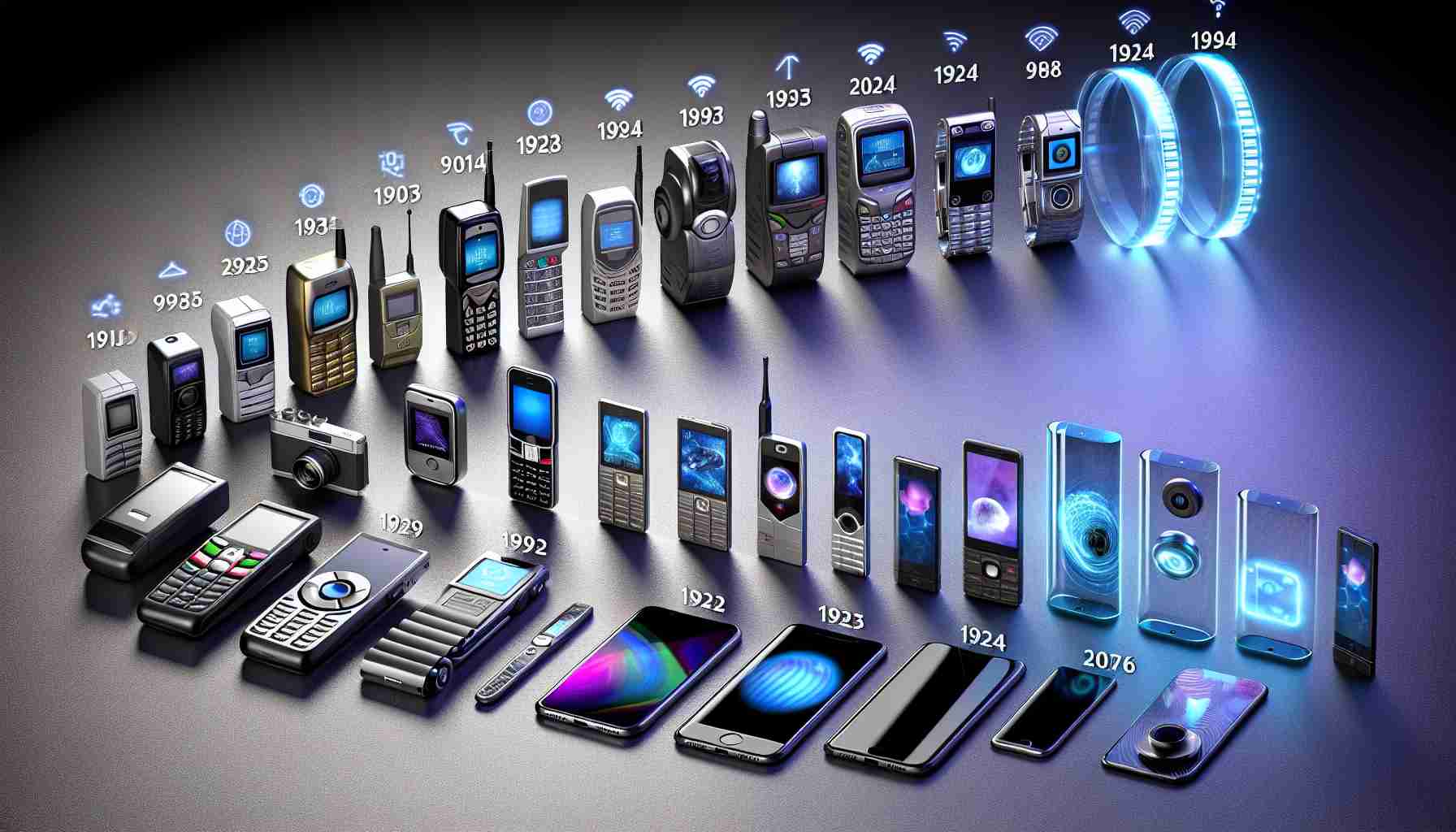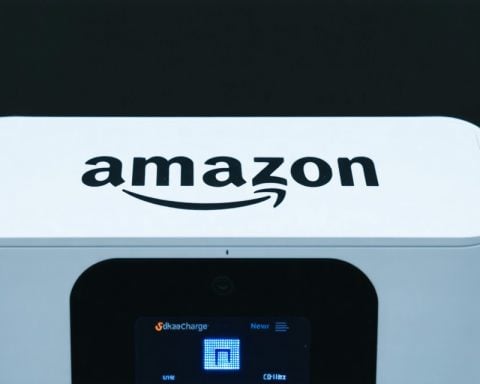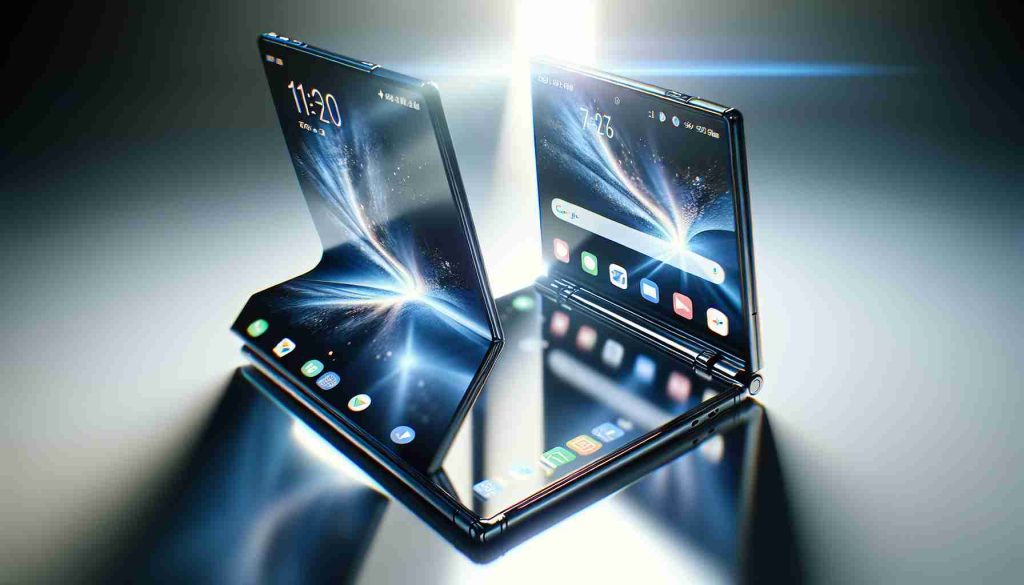Samsung and Android’s Evolution
In recent years, Samsung has solidified its position in the smartphone market through various factors:
– Innovative technologies: Samsung actively incorporates cutting-edge developments, such as flexible displays in the Galaxy Fold and Flip series, attracting tech enthusiasts.
– Diverse range of models: Unlike Apple, Samsung offers a wide range of devices across different price categories, catering to various user needs.
– Enhanced ecosystem: Samsung is expanding its ecosystem of devices, including smartwatches, headphones, and smart homes, creating a more integrated user experience.
– Openness of the Android platform: The customization capabilities and greater app selection appeal to users valuing flexibility.
Regardless of the specific Android smartphone chosen—whether it be realme, Samsung, or Xiaomi—all seamlessly integrate with each other and other gadgets. So, purchasing a Samsung smartphone that suits your preferences can easily connect with Xiaomi Buds headphones or Huawei smartwatches without the need for additional applications.
Challenges Faced by iPhones
Although iPhones remain a popular choice, several factors are contributing to a decline in their market share:
– High price: iPhones continue to be a premium product, leading consumers to seek more affordable alternatives amidst economic uncertainty.
– Slow innovation adoption: Many users perceive Apple as less innovative, introducing new technologies slower than their competitors.
– Ecosystem limitations: While Apple’s closed ecosystem ensures security and stability, it may discourage users seeking more freedom.
– Market saturation: In developed countries, the smartphone market is nearing saturation, slowing iPhone sales growth.
Despite these trends, iPhones are still considered highly reliable and productive, remaining in trend over time due to regular iOS updates.
Factors to Consider in 2024
When choosing between an iPhone and an Android smartphone in 2024, consider the following aspects:
– Privacy and security: Apple prioritizes user data protection, a crucial factor for many.
– Sustainability: Both platforms aim for sustainable development, with Apple leading in recycled materials usage and carbon footprint reduction.
– Long-term support: iPhones typically receive software updates longer than most Android devices, essential for prolonged use.
– Integration with other devices: Opting for a smartphone aligning with existing Apple or Samsung devices can enhance synergy.
– Specific needs: Professional applications may only be available on one platform, impacting the choice for certain users.
Thus, if you seek an affordable yet reliable smartphone, Android platforms are preferable. However, if you view a smartphone as a style statement and long-term investment, the iPhone remains an optimal choice.
The Future Mobile Landscape: A Look Into 2024
As we venture further into the year 2024, the evolution of mobile devices is at a pivotal juncture, offering users a plethora of new choices and considerations beyond what was previously discussed.
New Considerations for Consumers
With the rapid advancements in mobile technology, consumers now face a new set of key questions when selecting their next device:
1. Will 5G Become Standard?
– The rollout of 5G networks promises unprecedented speed and connectivity. Will this technology be a decisive factor in choosing a mobile device moving forward?
2. Are Foldable Phones the Future?
– Foldable phones like Samsung’s Galaxy Fold have made waves in the market. Will this innovative design trend gain traction, or is it simply a passing phase?
3. How Important is AI Integration?
– Artificial Intelligence (AI) is increasingly integrated into smartphones for enhanced user experiences. Will AI-driven features become a necessity rather than a luxury?
Addressing Key Challenges and Controversies
Alongside the exciting developments in mobile technology, there are also challenges and controversies that merit attention:
1. Data Privacy Concerns
– With the proliferation of personal data stored on mobile devices, how can manufacturers ensure robust data security and address growing privacy concerns?
2. E-Waste and Sustainability
– As consumers upgrade their devices more frequently, how can the mobile industry tackle the issue of e-waste and promote sustainable practices?
3. Regulatory Hurdles for Tech Giants
– Tech giants like Apple and Samsung face increasing scrutiny over antitrust practices and data privacy regulations. How will these regulatory challenges shape the future of mobile devices?
Advantages and Disadvantages of Emerging Technologies
While the evolution of mobile devices brings forth exciting possibilities, it also introduces a new set of advantages and disadvantages:
1. Advantage: Enhanced Connectivity
– With 5G and improved Wi-Fi standards, users can enjoy faster speeds and seamless connectivity for data-intensive tasks.
2. Disadvantage: Security Vulnerabilities
– As devices become more interconnected, the risk of cyber threats and unauthorized access also increases, necessitating robust security measures.
3. Advantage: Innovation in Design
– Foldable screens, bezel-less displays, and compact form factors offer unique design possibilities, enhancing user experience and aesthetic appeal.
4. Disadvantage: Environmental Impact
– The production and disposal of mobile devices contribute to environmental degradation. Balancing innovation with sustainability remains a pressing challenge.
As the mobile landscape continues to evolve in 2024 and beyond, consumers are presented with an array of choices that extend beyond mere brand loyalty or operating system preferences. Embracing these new choices requires a thoughtful consideration of technological advancements, ethical implications, and personal preferences.
For further insights on the future trends in mobile technology, visit Mobile World Live.























